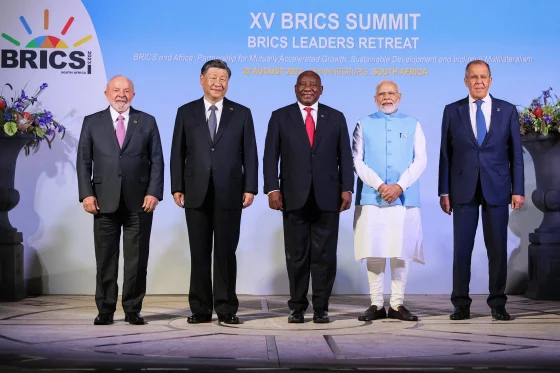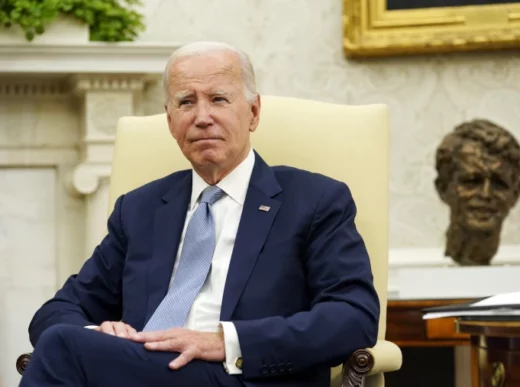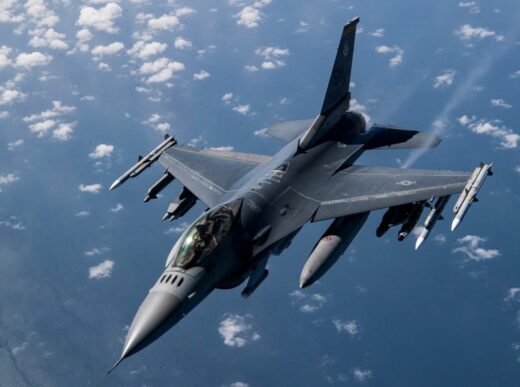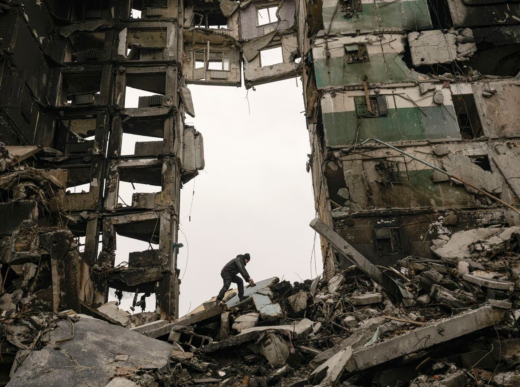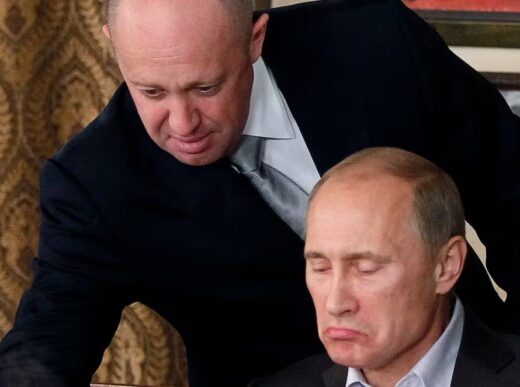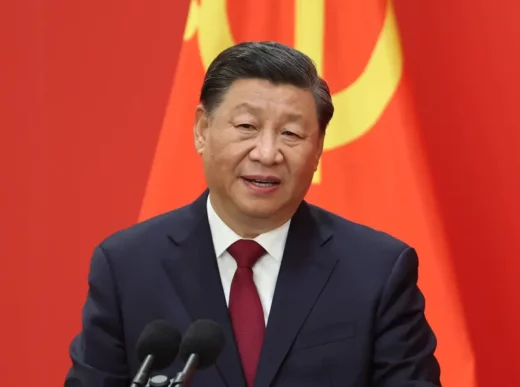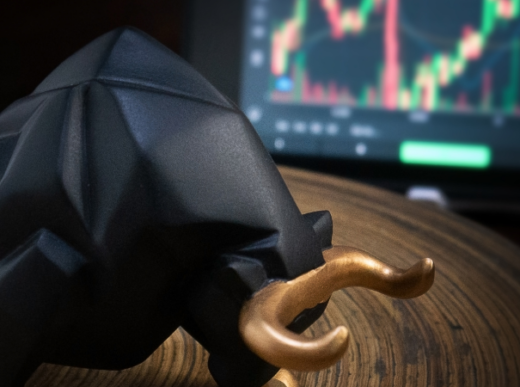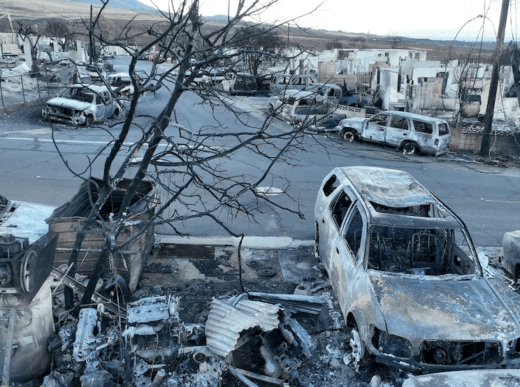The BRICS summit, a three-day event that brings together leaders from Brazil, Russia, India, China, and South Africa, is serving as a focal point for challenging U.S. and Western dominance on the global stage. As China and Russia strive to reshape the international landscape, the bloc of developing nations known as BRICS is contemplating a significant expansion to bolster its influence and lessen the supremacy of the U.S. dollar.
However, this gathering of BRICS nations also exposes underlying divisions among its members. The expansion proposal, which aims to amplify their global impact, sparks debates about whether aligning more closely with a rising and assertive China is in the best interest of all member nations.
Divisions and Unity at the Summit
Leaders from the BRICS bloc, except for Russian President Vladimir Putin, have converged in Johannesburg for the summit. Putin’s virtual presence is due to the war crimes charges he faces from the International Criminal Court, which could have led to his arrest in South Africa, an ICC member. Notably, Chinese President Xi Jinping’s decision to skip a business forum was surprising. Instead, China’s commerce minister, Wang Wentao, delivered Xi’s prewritten speech, emphasizing that the summit was not about taking sides or creating confrontations.
China’s absence from the business forum was unexplained, but Xi resumed his in-person presence at the summit later. He urged fellow members to broaden the BRICS family and collaborate to ensure global governance is fair and reasonable. China’s government stance has emphasized that hegemonism is not a characteristic of the nation’s DNA.
The Significance of BRICS and its Challenges
BRICS comprises five nations that together account for around 40% of the global population and over 30% of the global economy, as reported by the International Monetary Fund. It positions itself as an alternative to Western-led international groups like the G7, championing developing nations’ voices that often feel overlooked.
However, as BRICS seeks expansion with nations like Saudi Arabia, Argentina, and Indonesia expressing interest, concerns arise. Democratic countries like India and Brazil, closely tied to the U.S., fear that an expanded BRICS could dilute their influence while solidifying China’s dominance within the group.
A Delicate Balancing Act
Daniel Bradlow, an international development law professor, notes that China’s ambitions may steer BRICS towards becoming a pro-China bloc. However, members like India, Brazil, and South Africa are keen on maintaining non-alignment, neither affiliating with Western nor Chinese blocs.
One avenue the BRICS bloc explores is “de-dollarization,” which aims to reduce reliance on the U.S. dollar. Despite discussions about alternative currencies, the convenience of the dollar and euro remains unmatched for global trade.
BRICS and Global Dynamics
U.S. National Security Adviser Jake Sullivan suggests that the evolving BRICS does not inherently threaten the United States. He acknowledges the diverse nature of the countries involved and asserts the U.S. will continue maintaining relationships with these nations.
The backdrop of the ongoing war in Ukraine, however, casts a shadow on the summit. Ukraine’s attempts to distance BRICS nations from Russia have not gained much traction. China and India, in fact, have deepened their trading ties with Moscow during this period.
Putin’s Diplomatic Efforts Amidst Global Isolation
Russian Foreign Minister Sergey Lavrov’s presence at the summit, on behalf of President Putin, highlights Russia’s diplomatic efforts despite its global isolation. The war’s economic impact has resonated through BRICS countries, causing food and energy prices to rise, disproportionately affecting vulnerable nations.
Putin’s remarks during the summit, delivered through video link, attribute the conflict to Western countries’ actions, framing Russia’s intervention as a defense of Russian speakers in eastern Ukraine.
The BRICS summit serves as a dynamic platform where global power struggles, economic aspirations, and political alignments intersect. As the international landscape evolves, the BRICS bloc navigates the complex path of unity, expansion, and preserving individual nations’ interests.
